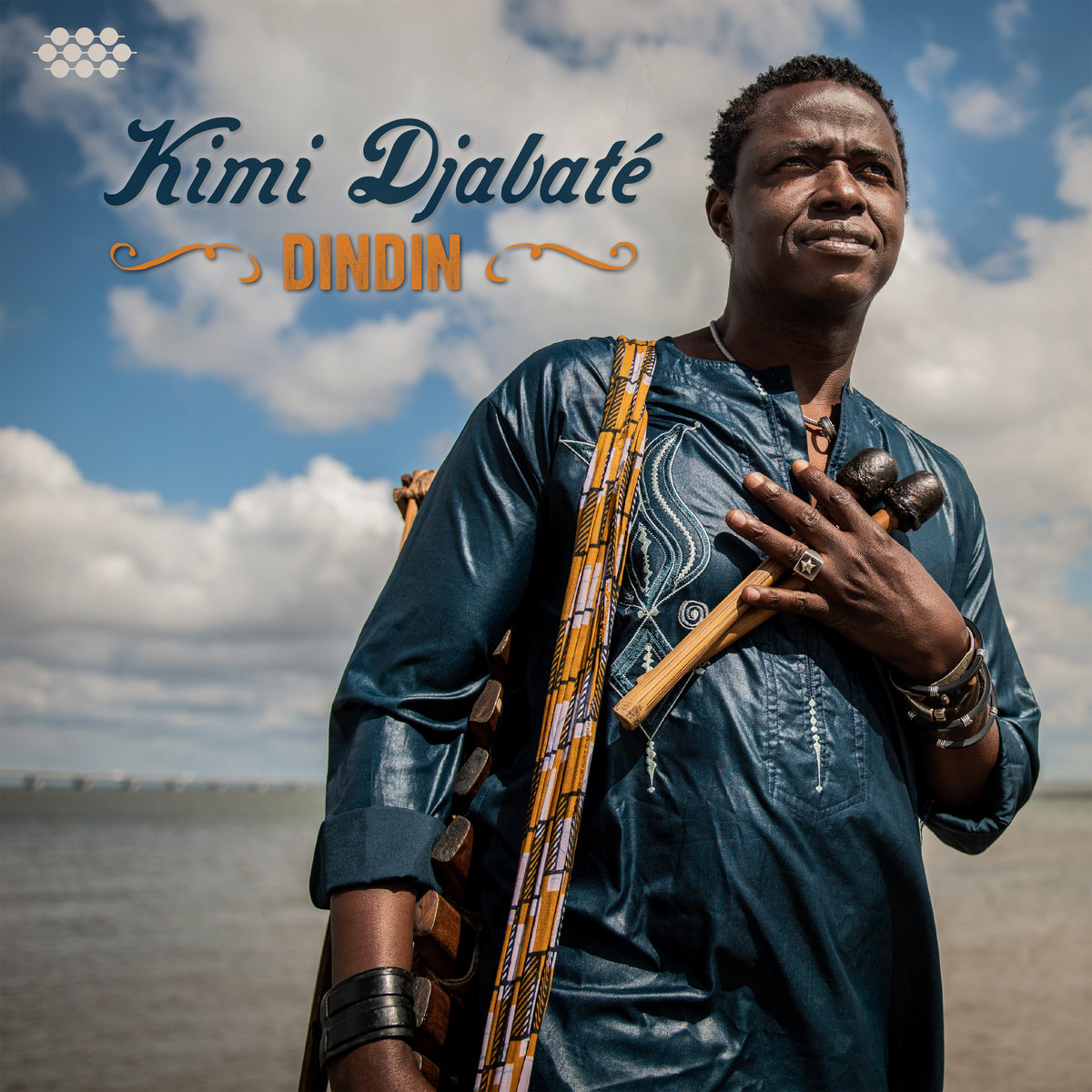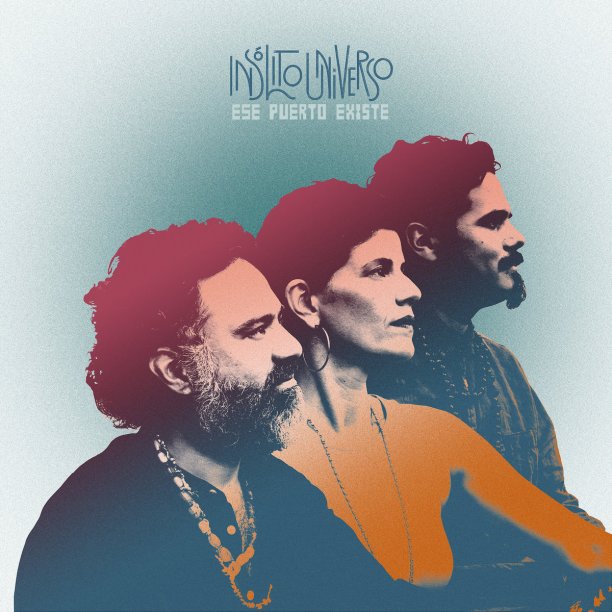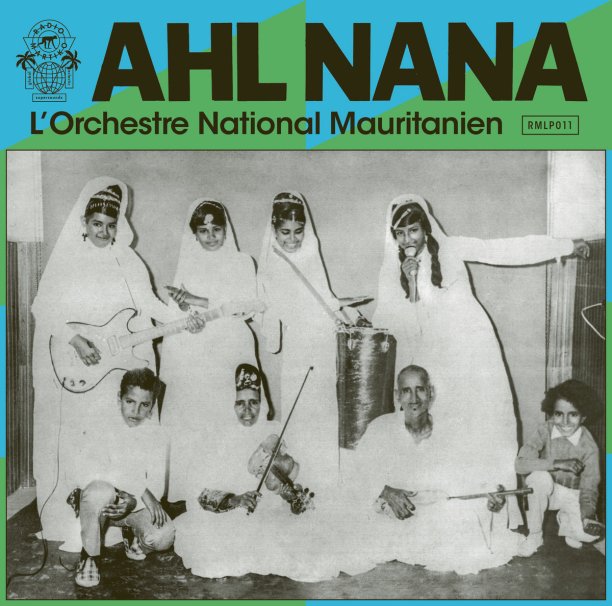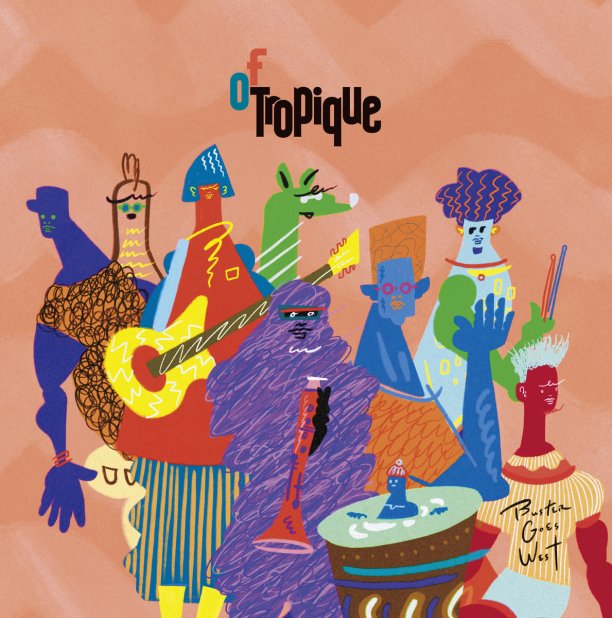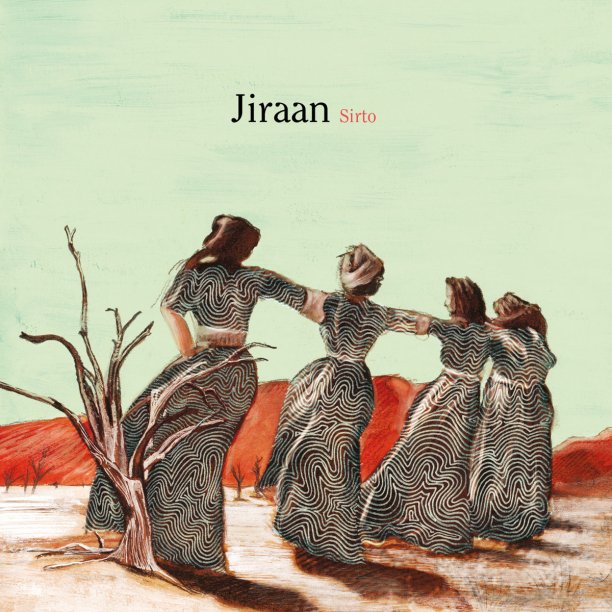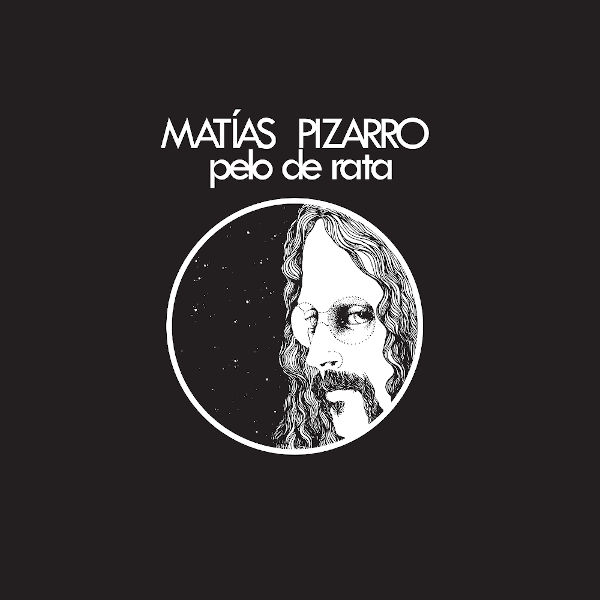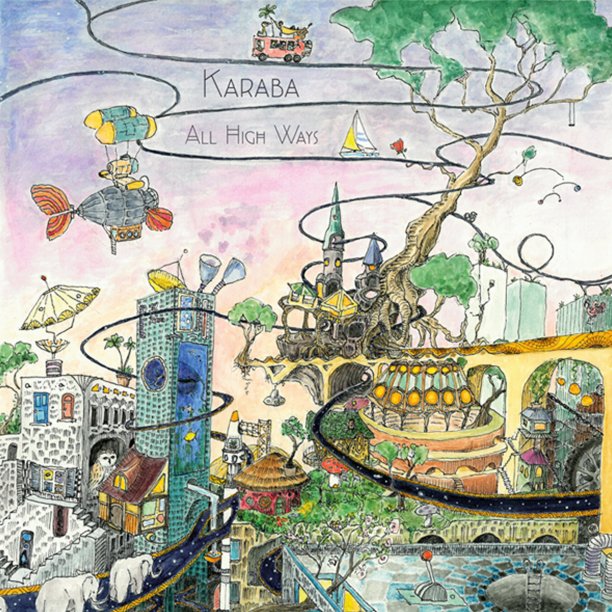Dindin
As we zoom in on contemporary sounds from West Africa this week, following Jean Trouillet's Globalwize 'Mali Special', we bring you the recently released longplayer of Lisbon-based multi-instrumentalist and singer Kimi Djabaté. Hailing from Guinea-Bissau, Djabaté is not just a gifted guitarist and percussionist, but also a balafón (African xylophone) virtuoso, who has collaborated with the likes of Mory Kanté, Waldemar Bastos, Netos de Gumbé and, most recently, pop superstar Madonna. His third album on US label Cumbancha draws from his griot heritage and traditional Mandingo music, "the Afrobeat and gumbé styles that were ever-present growing up and the jazz he listened to on the wireless," but is also the product of childhood trauma.
Born in Tabato, Guinea-Bissau, to a family of griots, "West African troubadours who wandered from village to village, preserving ancient oral traditions and passing down essential cultural knowledge through song," music for Djabaté was "the family occupation" rather than a hobby, which meant that "he was required to contribute from a young age." Having been handed a balafón at age three, he was often "forced to sing and dance against his will" and was thus unable to engage in the usual carefree childhood activities. "Since I was a kid, I worked to earn money for my family. Playing balafón was a way to have money. Even if I was sleeping, my family woke me up to play, sing and dance. I didn't play as a child should," he describes.
Against all odds, however, Djabaté proved exceptionally talented, "while his early introduction to a variety of traditional instruments laid the foundation for his later mastery of the guitar and skill with a range of percussion instruments." In 1994, at age 19, he emigrated to Lisbon to start a new life, subsequently adding a distinct Afro-Portuguese flow to his already extensive repertoire. For Djabaté, his new full-length "Dindin" is a deeply personal affair, a "meditative yet groove-centred collection of tracks" dedicated to his loved ones, but also a striking call for social justice, approaching a wide variety of themes "such as religion, women’s rights, poverty and education with sensitivity and nuance." The eleven tracks seem to reveal a newfound sense of artistic and personal freedom, meshing intricate rhythms with warm acoustics and the undeniably soothing power of Djabaté's voice. Just what we needed to lift our wintery spirits.
